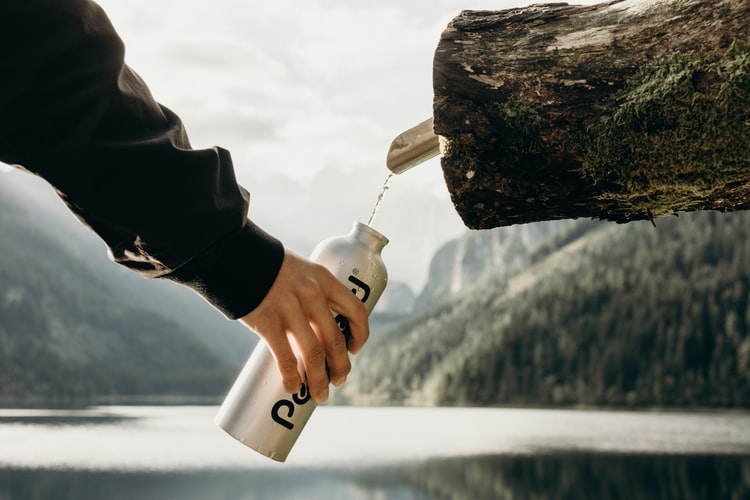Just because you can’t see something doesn’t mean it isn’t there. You use that same thought process when thinking about water. Yes, water, the fluid of choice, all living things contain some minerals of their own. Whether it’s tap water or bottled mineral water, all water contains some minerals. However, believe it or not, some water is processed. If you put two water glasses together, one tap, and the other bottled water, they would have different mineral content. That’s surprising, seeing as you can’t really “see” the difference. Let’s take a closer look at mineral water vs. tap water and which minerals are actually good for you.
Mineral Water Vs. Tap Water
Generally, mineral water is safe to drink. When it comes to mineral water vs. tap water, it honestly could come down to preference. Mineral water has more minerals like sodium, calcium, and magnesium than tap water. That’s not to say tap water doesn’t have added minerals. However, there’s always been a raging debate as to which water was better. Many even question why people consume mineral water at all if tap water contains the minerals you need.
However, as far as debate is concerned, mineral water is the more effective mineral delivery method when it comes to the battle of the two water. Consumers should be mindful of the sodium content in some mineral water for those who are at a higher risk of higher blood pressure. It’s a much better alternative to soda, and it helps people wean off of soda if all they’re looking for is the carbonation.
What Minerals Are In Mineral And Tap Water?
The word “mineral” isn’t always positive, especially when it comes to the human body. For example, calcium and magnesium are good minerals, while lead and aluminum are not. Fortunately, many developed countries have regulations when it comes to tap water, so there is relatively little no to heavy metals, toxins, or bacteria. Both mineral and tap water could contain the following minerals:
- Magnesium
- Sodium
- Calcium
- Zinc
- Copper
Magnesium found in both mineral and tap water is involved in everything from protein metabolism and energy production. Not consuming enough magnesium can lead to issues such as hypertension and osteoporosis.
Sodium is a double-edged sword when it comes to the body. It has a negative stigma because too much can cause hypertension and other issues. However, your body still needs even a little bit of sodium to maintain normal blood pressure and manage fluid levels.
It’s no secret that calcium is good for your bones. There’s always a debate as to whether or not you need more than the recommended amount. However, there’s no denying it helps your body do everything from reduce the risk of blood clotting to helping your heartbeat.
Zinc plays several roles for the body, from metabolism to nerve function. Zinc also plays an essential role in your DNA synthesis and the function of immune cells. Zinc is normally introduced into water naturally through the erosion of zinc ores. It is also know for prevention in viral disease.
Copper is another metal that is naturally found in water (mainly tap water) due to plumbing. Your body does need a certain amount of copper, despite its negative stigma. However, too much can be harmful to the body.
In moderation, many of the minerals found in water are good for you. However, it’s not possible to poison yourself with too many minerals from water alone. There’s only trace amounts of minerals found in water to where it’s not much of a concern.

